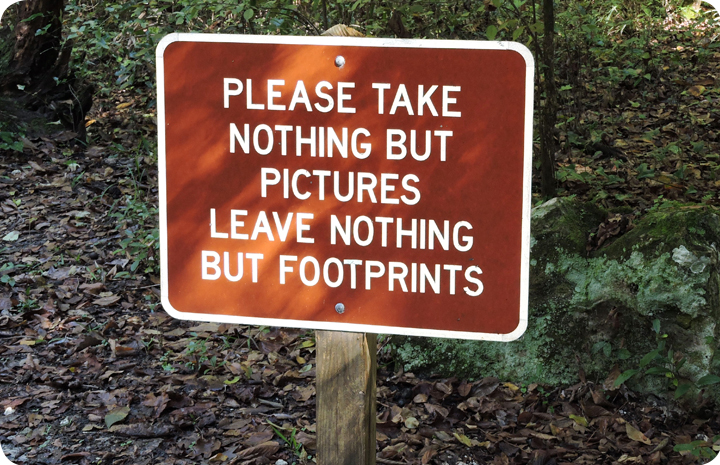Don’t you hate it when the doorbell or telephone rings just as you settle down to dinner or a nap? While mere nuisances to us, disruptions in feeding and nesting routines can spell disaster for birds, especially the cumulative effect of frequent disruptions, a common occurrence at busy sites such as beaches and waterways. When a nesting bird is forced to fly, it may leave eggs or young exposed to temperature extremes or predators. A migratory bird may be exhausted and hungry from a long flight-it needs to rest and eat. With care and common sense, birders can help protect the birds they love to watch.
The best birders are the quietest and least intrusive.
- Stay back from concentrations of nesting or loafing water birds-a spotting scope may be a better choice than binoculars.
- Walk around groups of birds on the beach rather than forcing them to fly.
- Sit or crouch so that you appear smaller.
- Keep your movements slow and steady rather than fast or sporatic.
- If viewing from your car, stay in the car as long as possible. It acts as a viewing blind and the birds are less likely to fly if they don’t recognize you as a human.
- If you occasionally use recording to attract birds, remember not to overuse them or to attract rare or protected species.
Birds will let you know when you are too close.
- Are you being divebombed by birds? Has a flock stopped feeding at your approach? Are the birds skittish? You are too close!
Beach nesting birds are masters of camouflage.
- Watch your step-eggs are nearly invisible against the backdrop of beach and dune, and young chicks may freeze in fear when danger approaches, rather than scurry out from underfoot.
- Did you know? On a hot summer afternoon, temperatures at ground level on the beach can exceed 100 degrees Fahrenheit, dangerously high for exposed eggs or nestlings.
- Don’t let your curiosity get the bet of you!
Respect private property boundaries, even if the bird you are following does not.
- Obey postedsigns near nesting areas.
- Stay on roads, trails, and paths to minimize habitat disturbance.
- Traveler’s tip: resist the urge to drive your car on the beach, even if it is legal.
Does your backyard bird habitat get a four-star rating?
- Attract birds to a safe haven-keep dogs and cats confined.
- Always provide clean water and fresh bird seed.
- Promptly remove moldy bird seed and clean hummingbird feeders with hot water and vinegar every four or five days.
